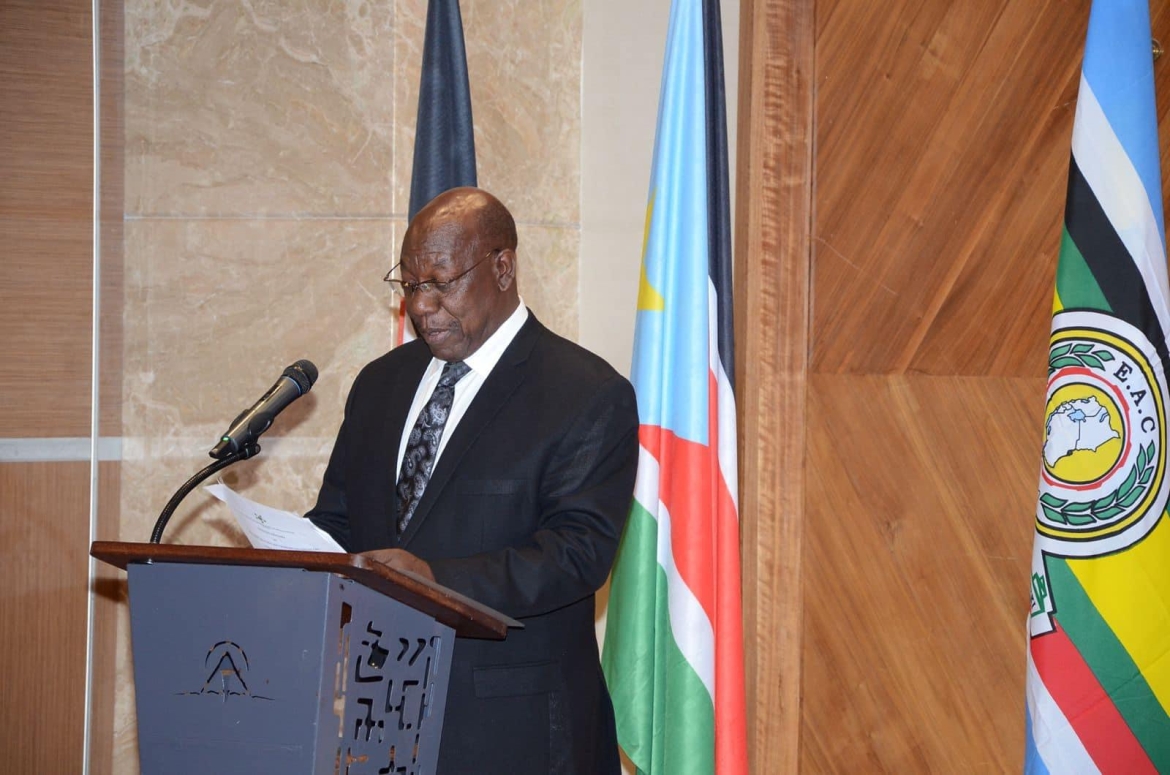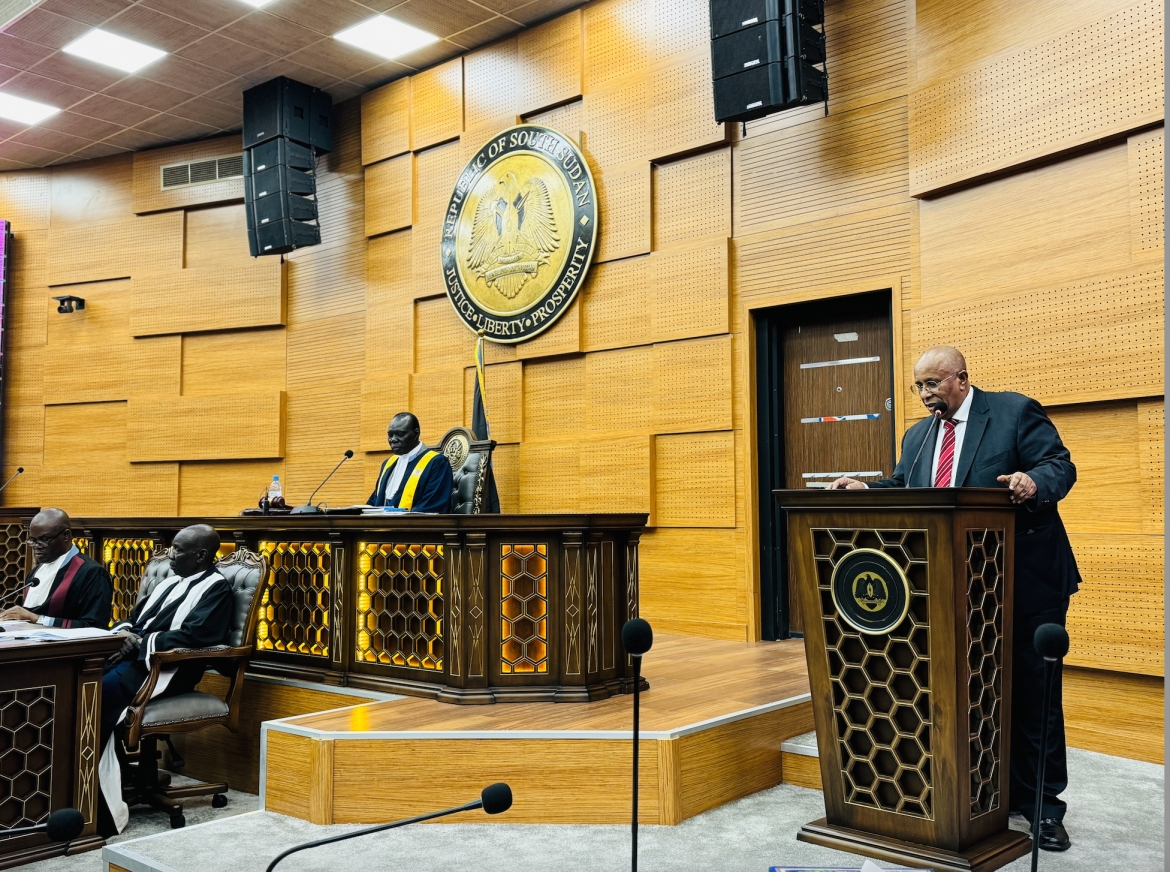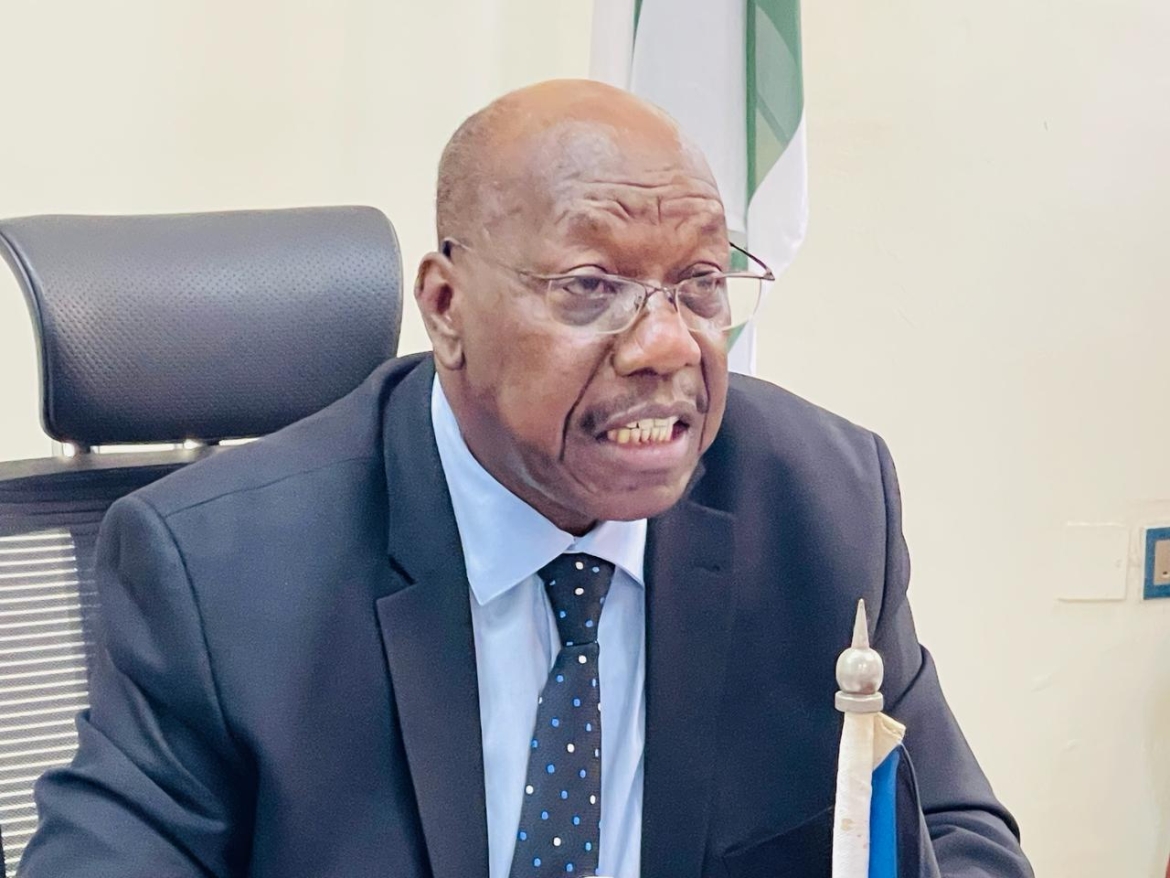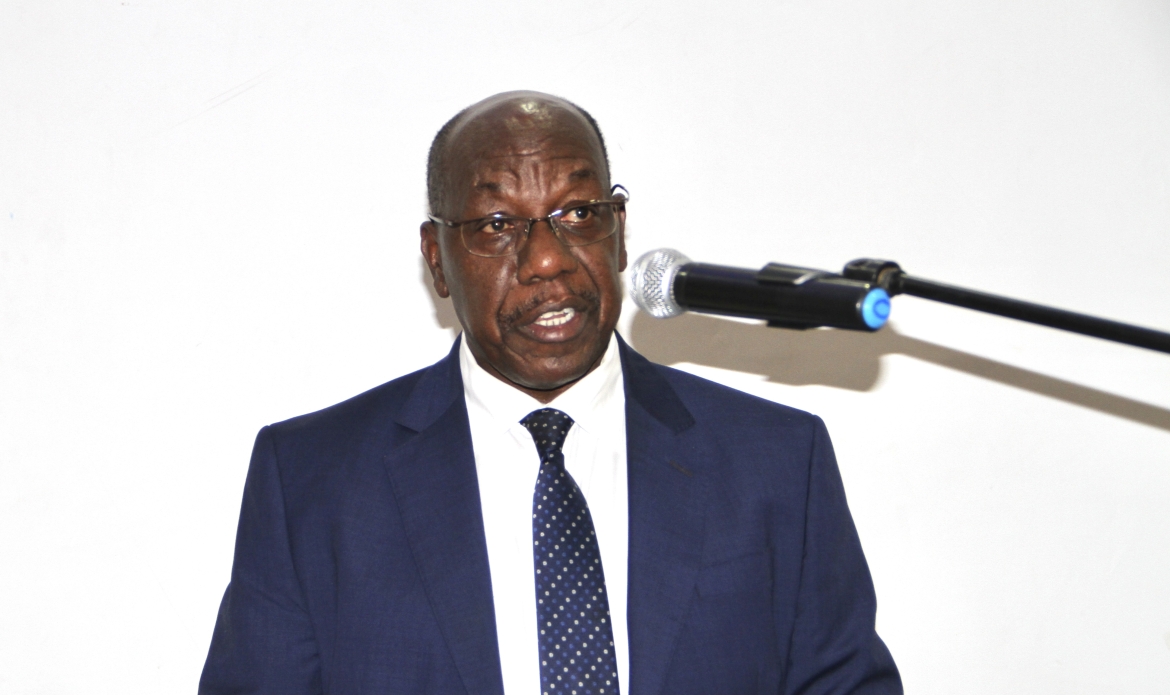Security atmosphere remains “conducive” for the implementation of the R-ARCSS, say RJMEC
The general political and security atmosphere has been conducive for implementation of the revitalized agreement “with a commendable show of commitment and cooperation” exhibited by all the Parties, the reconstituted Joint Monitoring and Evaluation Commission has said.
In its latest quarterly report covering October 1 to December 31 2018, the reconstituted Commission said, even though economic hardship and logistical constraints persists there has been significant progress made in the establishment and reconstitution of the requisite Agreement institutions and implementation mechanisms for the Pre-Transitional Period.
“Only the Independent Boundaries Commission (IBC) and the Disarmament Demobilization and Reintegration (DDR) Commission remain outstanding. All the others have commenced their work and are making progress,” the report said.
The report (Read the full report here: https://www.jmecsouthsudan.org/index.php/reports/jmec-quarterly-reports/126-rjmec-quarterly-report-to-igad-on-the-status-of-implementation-of-the-r-arcss-from-1st-october-to-31st-december-2018/file) submitted to the IGAD, pursuant to Chapter VII, Article 9 of the Revitalised Agreement on the Resolution of the Conflict in the Republic of South Sudan (R-ARCSS) notes that since October 2018, the implementation of the Permanent Ceasefire has improved as demonstrated by the gradual decrease in fighting among the warring Parties as reported by the Ceasefire and Transitional Security Arrangements Monitoring and Verification Mechanism (CTSAMVM).
“This is mainly attributed to the confidence building measures initiated by the IGAD Mediation in early October, and the Party leaders' demonstrable political will to work together,” says the report.
The report adds that measures included several visits to Wau and Leer by senior government and military leaders, following fighting between SSPDF and SPLA-IO forces.
“This reportedly ended the skirmishes in mid-November,” it added.
However, the report notes that there is a great deal of work that still needs to be done by the security mechanisms in a very short time frame.
“There are also very obvious areas of contention and disagreement. Moreover, little has been done to prepare the population in general and the armed forces in particular for cantonment, DDR and unification of forces, which are critical before the Transitional Period commences,” it reads in part.
On the humanitarian front, the report notes that at least 4.4 million people were severely food insecure during the reporting period and this number is expected to increase to over 5 million by early 2019.
Moreover, aid workers reportedly experienced denial of access to certain areas and the killing of two aid workers in October, brought the total killed in 2018 to 14.
On the economy the exchange rate remained relatively stable and inflation dropped appreciably. However, at the same time world oil prices began a marked decline during October and persisted throughout the period adversely impacting government’s revenue.
The report concludes that while it is commendable that all members of the Agreement institutions and mechanisms already established and reconstituted are now working from Juba, much work remains to be done.
“Funding and technical expert support are major challenges in the implementation of the R-ARCSS. Moreover, the presence of non-signatory armed groups in the field is a matter of serious concern that requires sustained diplomatic and political actions by the IGAD and the international community,” it reads.





